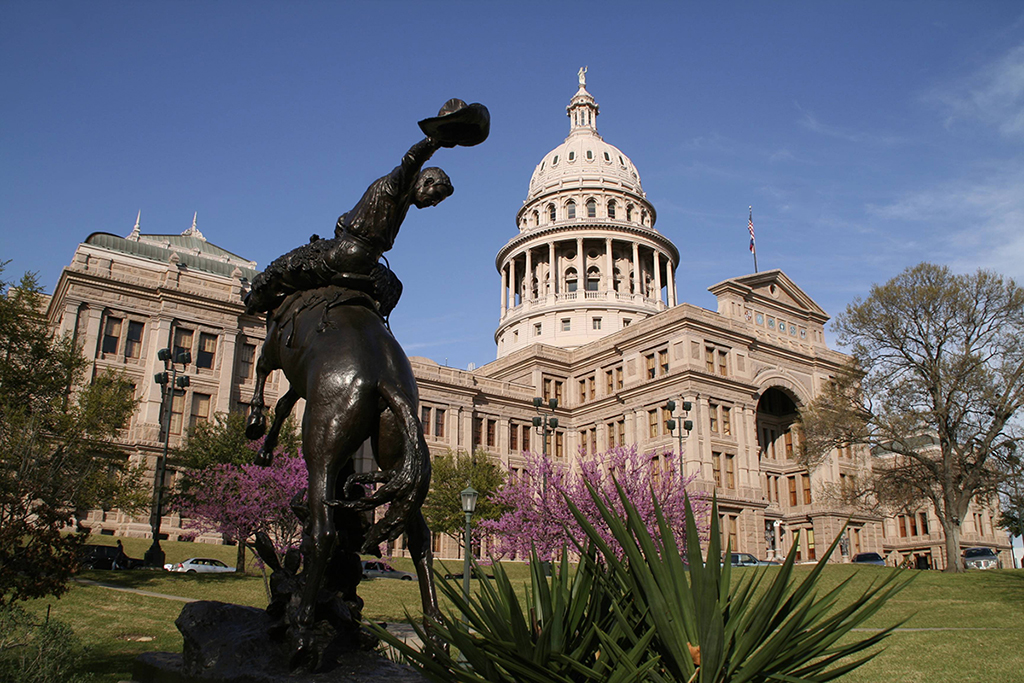Texas’ S.B. 4 is License to Discriminate

On Sunday night, without notice and in an apparent effort to avoid the rising tide of protests, Texas Governor Greg Abbott signed Senate Bill 4 into law, an unnecessary, unworkable, and dangerous piece of legislation.
This new law, opposed by a host of police chiefs from all over Texas, calls on law enforcement to inquire about immigration status in traffic stops and other interactions, allows police officers to question children about immigration status, and mandates fines and jail time for elected officials and law enforcement who fail to comply with the discriminatory law, even though it may make them complicit in violating constitutional safeguards. S.B.4 is scheduled to go into effect in September.
“The governor’s action is reckless and irresponsible. S.B.4 represents a false promise to those looking for real solutions on immigration. Rather than solving anything, this deeply troubling and unconstitutional legislation will jeopardize the civil rights of millions of Texans, nearly half of whom are Hispanic, and undermine public safety in communities across the state,” said NCLR President and CEO Janet Murguía.

S.B.4 is the spiritual descendant of similar bills that were passed in Arizona, Alabama and other states over the last decade, all of which were overturned in the courts. It will require Texas taxpayers to bear the burden of years of litigation.
“The Arizona example shows that anyone who appears ‘foreign’ will be subject to racial profiling, but we are now talking about the second-largest state Hispanic population in the country—11 million Texans—at risk of having their basic rights violated on any given day,” Murguía said
“As an organization that works to protect and defend America’s Latino community and uphold the core values of this nation, we condemn this new law and others like it, and the bigotry and intolerance they represent. We intend to continue raising our voices, organizing our communities, and holding elected officials accountable,” Murguía said.
